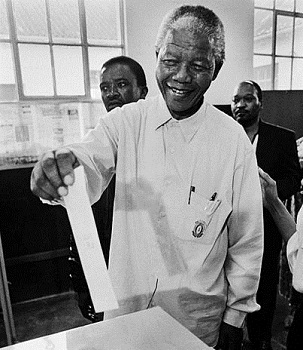
By BILL BERKOWITZ
Last night, it was difficult to cut through the fog of reaction from current day conservatives to the death of Nelson Mandela.

By BILL BERKOWITZ
Last night, it was difficult to cut through the fog of reaction from current day conservatives to the death of Nelson Mandela.
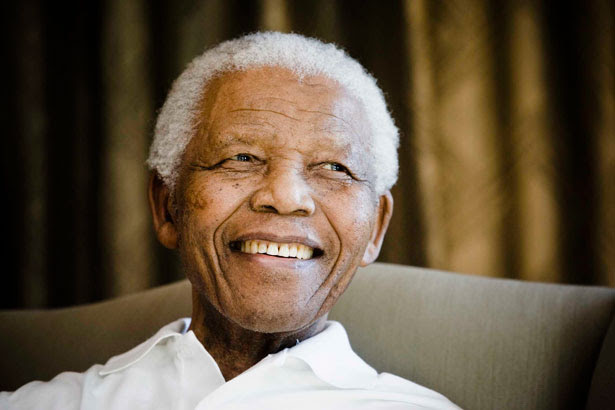
Although most black South Africans revere Mandela and his party for defeating apartheid, many are realizing that fighting inequality and achieving full citizenship will mean taking on the ANC.
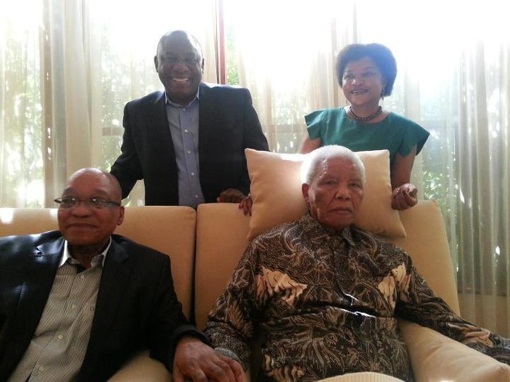
by PATRICK BOND
The death of Nelson Mandela, at age 95 on 5 December 2013, brings genuine sadness. As his health deteriorated over the past six months, many asked the more durable question: how did he change South Africa?

Next week’s cover, “Madiba,” was drawn by the artist Kadir Nelson.

by Elissa Curtis During the past two years, the photographer Krisanne Johnson has been documenting South African youth.
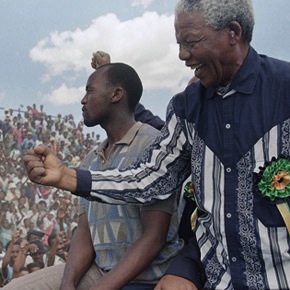
by The New Yorker A look back at Mandela’s life, from his days as an activist in apartheid-era South Africa to his Presidency.

by Ayana Mathis Some other language is needed to describe Mandela, a hyper-language with which to eulogize him—in short, a poem.

by Hendrik Hertzberg Mandela has often been called the George Washington of his country. But he was also South Africa’s James Madison.
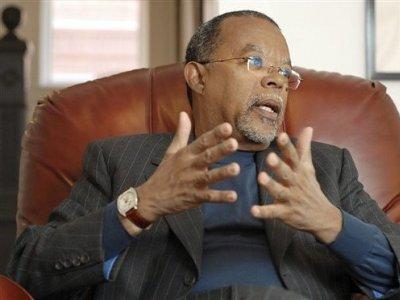
A Black Agenda Radio Commentary by BAR managing editor Bruce A. Dixon
The final installment of Dr. Henry Louis Gates’ latest PBS series, “Many Rivers To Cross” was nothing to write home about.

By David Weigel
Every major news event, no matter how sad or epochal, is transformed by the power of social media into a way to carp about politics. Some among us want people to stop doing that.
Nelson Mandela passed away on Dec. 5, 2013 in Johannesburg at the age of 95. Earlier this year, during Mandela’s illness, Eve Fairbanks prepared this assesment of his life and legacy.
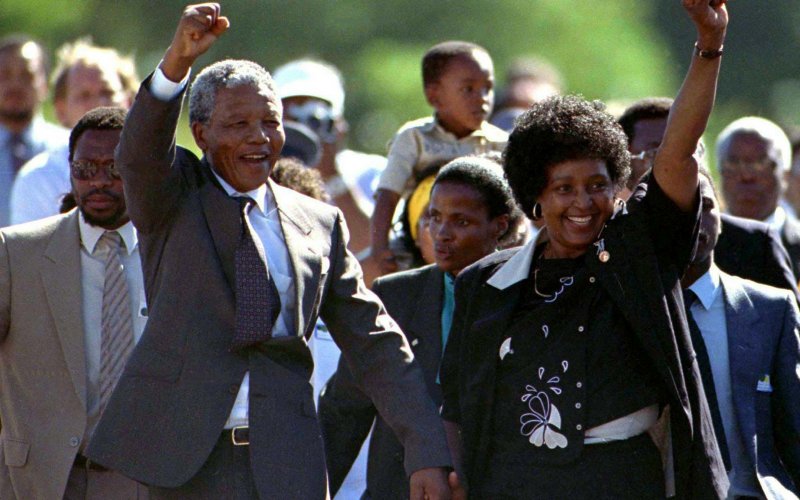
If we turn the late South African leader into a nonthreatening moral icon, we’ll forget a key lesson from his life: America isn’t always a force for freedom.